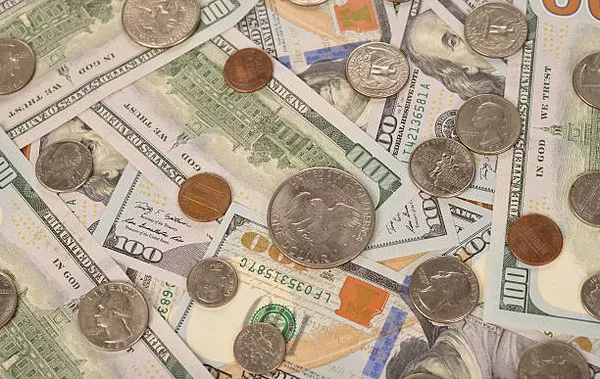On Wednesday, Governor Kazuo Ueda of the Bank of Japan indicated that the central bank may take monetary policy action if the yen’s decline significantly impacts prices, hinting at a potential interest rate adjustment.
Finance Minister Shunichi Suzuki also expressed “strong concern” regarding the adverse effects of a weakening yen, such as increased import costs, and reiterated Tokyo’s readiness to intervene in the market to support the currency.
These statements, following a meeting between Ueda and Prime Minister Fumio Kishida, underscore the commitment of the government and central bank to collaborate in mitigating damaging yen depreciation.
Ueda emphasized the rising risk of currency volatility affecting inflation, noting that businesses are increasingly inclined to raise prices and wages. He highlighted the potential necessity of responding with monetary policy to mitigate the impact of exchange rate movements on the economy and prices.
Comparatively, Ueda’s recent remarks differ from those made after the BOJ’s policy meeting on April 26, where he stated that the yen’s decline had not immediately affected trend inflation.
Izuru Kato, chief economist at Totan Research, commented on the delicate balance Ueda seeks to strike, stating, “The BOJ doesn’t want to give the impression it could be forced to hike rates to address the weak yen. But it also needs to demonstrate attentiveness to the economic ramifications of yen depreciation.”
Following the yen’s decline to a 34-year low of 160.245 per dollar on April 29, Japanese authorities reportedly intervened in the market, spending over 9 trillion yen ($58.4 billion) to support the currency.
As of Wednesday, the dollar was at 155.20 yen, inching up from approximately a one-month high of 151.86 on May 3.
Ueda reiterated the BOJ’s stance to “adjust the degree of monetary accommodation” – an indication of potential rate hikes – if trend inflation progresses towards the 2% target outlined last month.
He emphasized that the BOJ may not wait for inflation to reach the target before adjusting rates, suggesting a potential near-term rate increase and subsequent adjustments in the coming years.
Many market participants anticipate the BOJ to raise interest rates sometime this year, following the cessation of negative interest rates and other unconventional stimulus measures in March.
In the same parliamentary committee, Finance Minister Suzuki affirmed that authorities were prepared to employ “all means available” to address excessive yen depreciation, which adversely affects households and businesses through increased import costs.
Suzuki clarified that authorities do not base intervention decisions on specific yen levels and refrained from commenting on what he deemed excessively volatile movements in the currency market.


